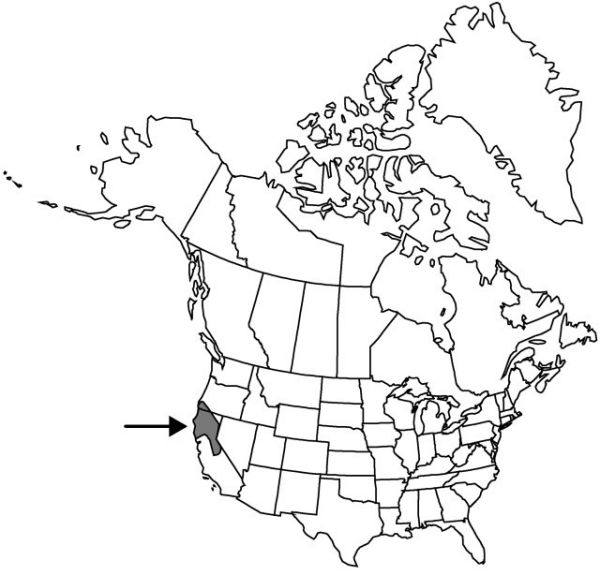Difference between revisions of "Triantha occidentalis subsp. occidentalis"
FNA>Volume Importer |
FNA>Volume Importer |
||
| Line 1: | Line 1: | ||
{{Treatment/ID | {{Treatment/ID | ||
|accepted_name=Triantha occidentalis subsp. occidentalis | |accepted_name=Triantha occidentalis subsp. occidentalis | ||
| − | |accepted_authority= | + | |accepted_authority= |
|publications= | |publications= | ||
|basionyms= | |basionyms= | ||
| Line 27: | Line 27: | ||
-->{{#Taxon: | -->{{#Taxon: | ||
name=Triantha occidentalis subsp. occidentalis | name=Triantha occidentalis subsp. occidentalis | ||
| − | + | |authority= | |
| − | |authority= | ||
|rank=subspecies | |rank=subspecies | ||
|parent rank=species | |parent rank=species | ||
| Line 42: | Line 41: | ||
|publication year= | |publication year= | ||
|special status= | |special status= | ||
| − | |source xml=https://jpend@bitbucket.org/aafc-mbb/fna-data-curation.git/src/ | + | |source xml=https://jpend@bitbucket.org/aafc-mbb/fna-data-curation.git/src/f50eec43f223ca0e34566be0b046453a0960e173/coarse_grained_fna_xml/V26/V26_35.xml |
|genus=Triantha | |genus=Triantha | ||
|species=Triantha occidentalis | |species=Triantha occidentalis | ||
Revision as of 20:49, 16 December 2019
Stems 10–80 cm, glandular below inflorescence with glands dome-shaped to conical, 1/2–2 times longer than wide, or pubescent with cylindrical hairs 2–4 times longer than wide, rarely both glandular and pubescent. Inflorescences usually forming globose heads ca. as long as wide, less often spikelike and forming cylindrical-ovoid heads, 3–45-flowered, sometimes interrupted or open, 1–8 cm; bracteoles usually glandular. Flowers: tepals 3–7 mm; stamens 3.5–6 mm; styles 1.3–3 mm; pedicel 1–12 mm. Capsules 4–8 mm. Seeds often lobed, 1–2(–3) times longer than wide; appendages occasionally absent, usually 1, to 3 times longer than seed, rarely also with short appendage at opposite end; coat strongly inflated. 2n = 30.
Phenology: Flowering summer.
Habitat: Moist meadows, marshes
Elevation: 0–3300 m
Discussion
Selected References
None.
Lower Taxa
None.
